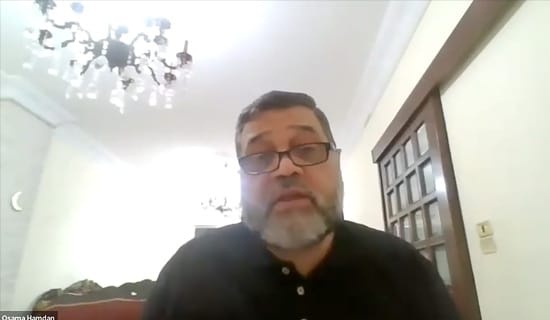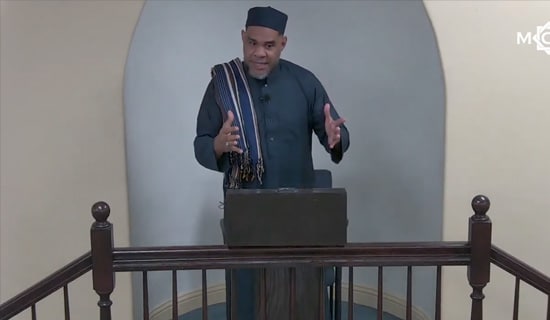
In an August 20, 2023 interview with Al-Jazeera Network (Qatar), Professor Amaney Jamal, who serves as the Dean of Princeton's School of Public and International Affairs, referred to the 9/11 attacks and said that while it is true that there is a "distortion of Islam in the Arab [world]", the American media nonetheless disproportionately reports on crimes committed by Muslims, accuses them of terrorism, and attributes these acts to the Islamic faith.
Professor Amaney Jamal: "With regard to 9/11... True, the Muslims were... ISIS and so on... It is true that there is a distortion of Islam in the Arab [world], but in America, there are studies that show... If you take the definition of terrorism, as anybody who commits a crime against innocent people... If this is the definition we agree on, the percentage of terrorism perpetrated by non-Muslims...
"If you compare the percentage of terrorism by Muslims and by non-Muslims in America, and the amount of media attention for each incident, you see that if a Muslim perpetrated the crime, the media focuses on him four or five time [sic] more than in cases..."
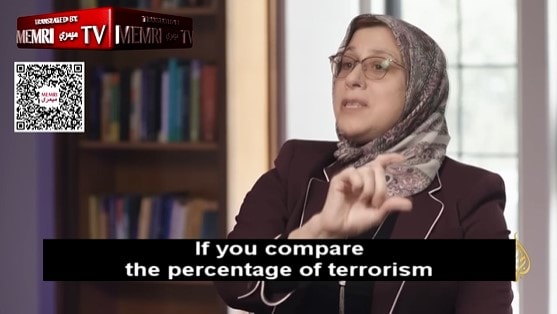
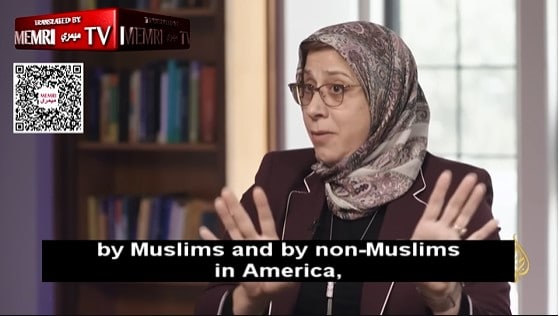
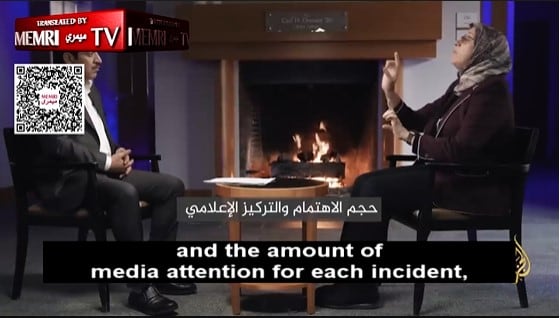
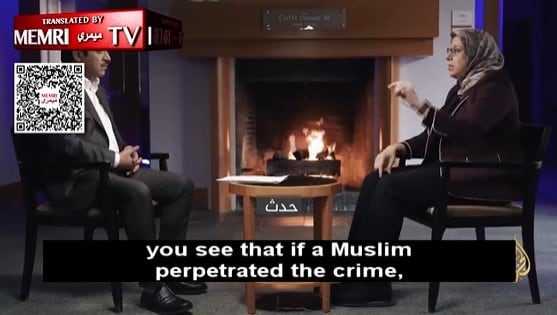

Interviewer: "And when an incident is connected to a Muslim, it is labeled terrorism..."
Jamal: "Immediately!

Interviewer: "However, when it has to do with a Christian or a non-Muslim, it is an [ordinary] crime."

Jamal: "Either a crime or they say that the poor guy had mental issues and health problems. In such cases, there are reasons, but Muslims do it only because they are Muslims."

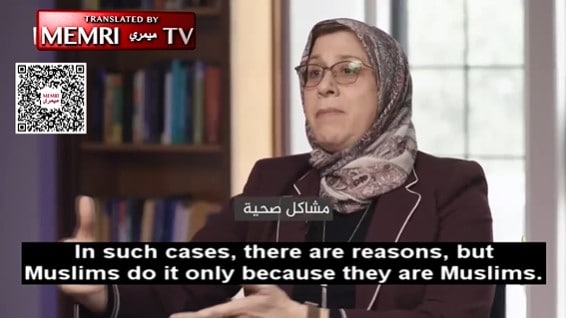
Interviewer: "They connect it to his religion."
Jamal: "Exactly. Right away. Even if that person never prayed and has no knowledge of the Quran, he's still a Muslim."
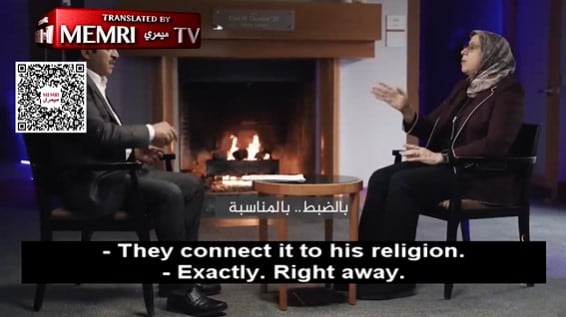

Interviewer: "What influence do Arab academics have in the American universities?"
Jamal: "Many of us believe that we have a duty to teach people about the correct situation. Other academics—both Arab and non-Arab—do not share this commitment."











